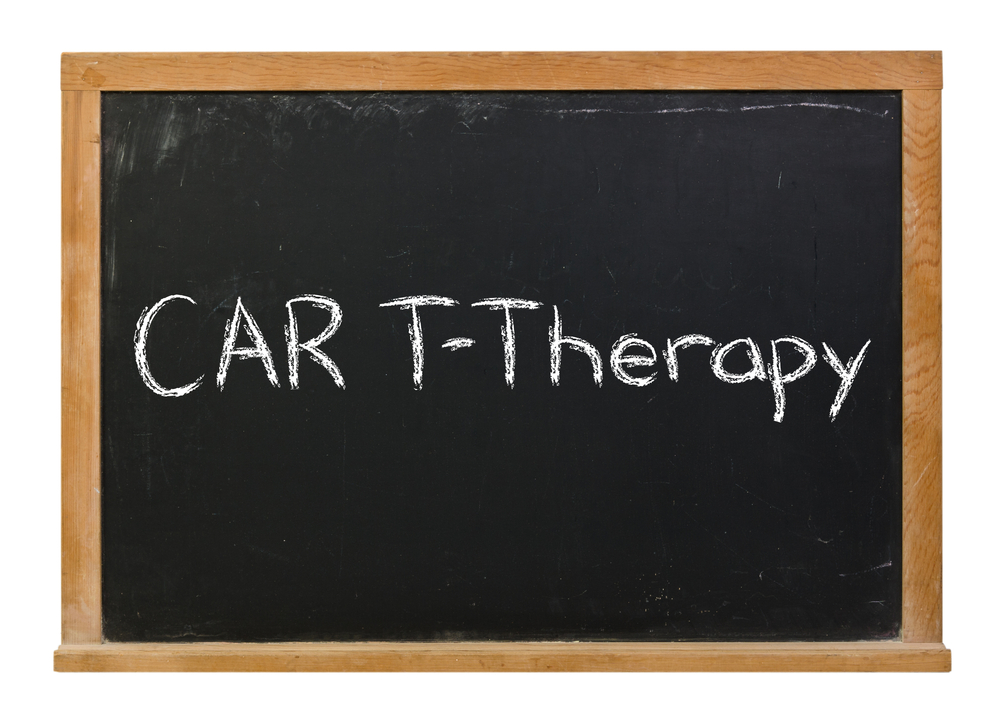Bluebird and Celgene Start an Extension of Phase 1 Trial of Myeloma Therapy bb2121
Written by |

The developers of the myeloma therapy candidate bb2121 have started an extension study of a Phase 1 clinical trial to continue evaluating its safety and effectiveness, and to determine a dose for a Phase 2 trial.
Bluebird bio and Celgene developed the CAR T-cell therapy for patients with relapsed or refractory multiple myeloma.
They genetically engineered immune T-cells to create a chimeric antigen receptor, or CAR, that targets the BCMA protein often found in myeloma cells. After the T-cells are injected back into a patient, they target and destroy cancer cells.
All of the 21 patients in the Phase 1 CRB-401 trial (NCT02658929) who received engineered T-cells at a certain level of potency responded to the treatment, according to a presentation at the annual meeting of the American Society of Clinical Oncology in Chicago in June. That potency was more than 50 million engineered cells.
“The high response rate and sustained benefit seen with bb2121 in the recent data presented at the ASCO annual meeting in June are particularly gratifying given the limited therapeutic options available for the heavily pretreated patients with relapsed/refractory multiple myeloma participating in our study,” Dr. David Davidson, the chief medical officer at bluebird bio, said in a press release. “In the expansion stage of the CRB-401 study, we will be treating an additional cohort of patients with a dose range shown to be active in the prior dose escalation stage of the study to gain more experience with the safety, efficacy and durability of response of bb2121.”
Patients in the extension group will be treated at a dose range of 150 million to 450 million CAR T-cells. Those taking part must have had previous treatment with a proteasome inhibitor, an immunomodulatory agent, and Darzalex (daratumumab).
Bluebird bio and Celgene partnered in March of 2013 to develop CAR T-cell therapies against cancer. In 2015, they decided to focus on CAR T-cells targeting BCMA. They are working on next-generation anti-BCMA products, including bb21217.



